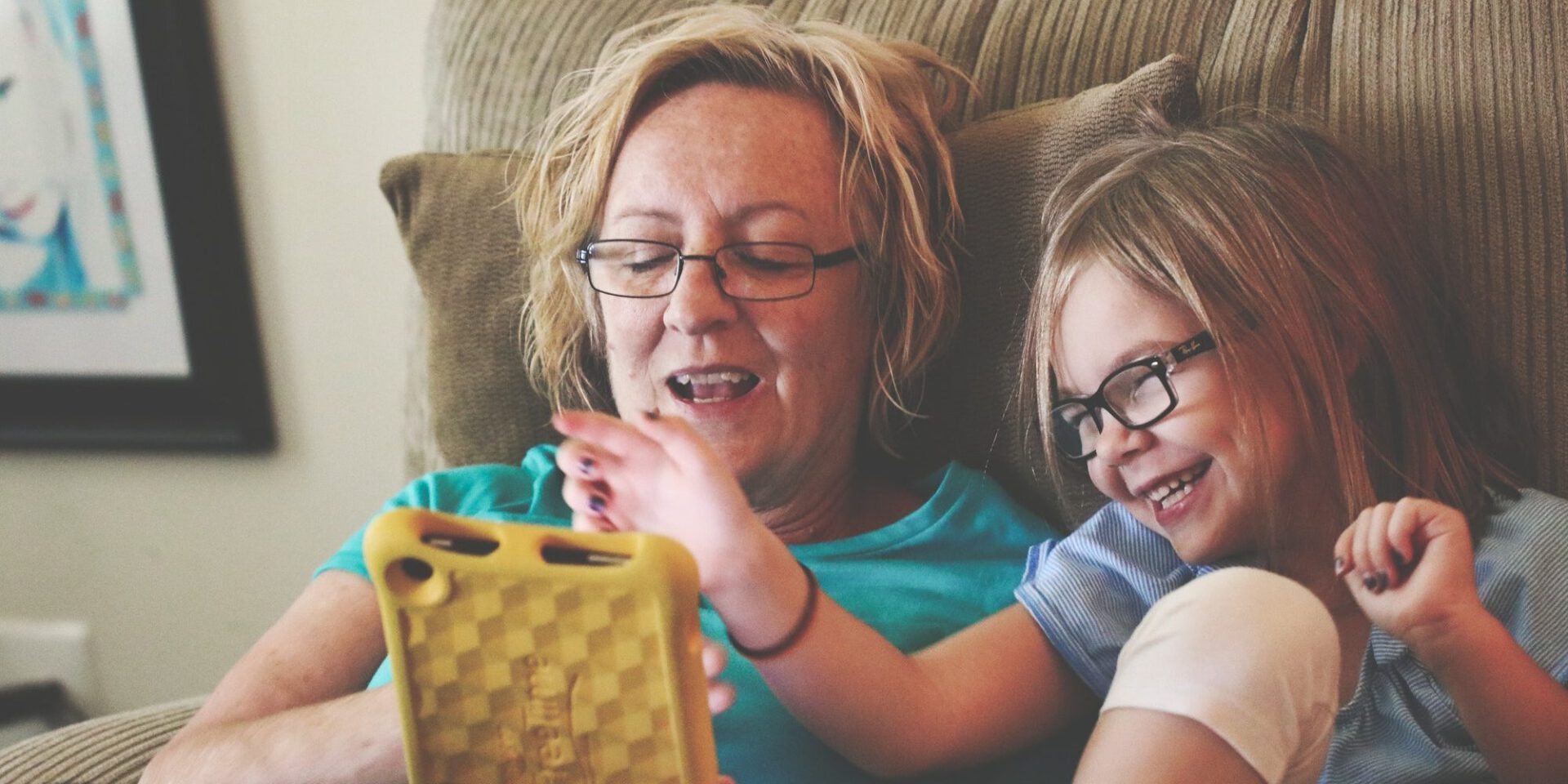Passing on good money habits to your kids
by The Advantage
Money makes the world go around, so teaching your kids to navigate it well is paramount. From the day your child is born, they soak up information from the things they see and hear you do. This includes your money habits.
It’s never too early to start talking to your children about money – how it works and how they can build a positive relationship with it. Here are some of the ways you can help your kids pave the way for good money habits throughout their young and adult life.
Teach them the benefits of saving
Educating your child the value of saving can be tricky. Start by helping them to spot the difference between ‘want’ and ‘need’. It’s common for kids to want everything right now. By opening their own bank account you can help them better understand that savings can lead to greater things in the long-term.
A great way to do this is giving them pocket money to do chores, such as stacking the dishwasher or cleaning their room. You could encourage them to save half of their chore money into their bank account. When they do go to make a purchase, they will better understand the time and effort that went into it. It can also give them a sense of pride when they pay for something they’ve been working so hard for.
Speak about money in their language
According to the Australian Securities and Investments Commission (ASIC), only one in five Australian 15-year-olds know how to apply money to real-life situations.
It’s easy to see why. Internet banking, credit cards and online shopping are making money seem more invisible to younger generations. Not seeing physical money can make it harder for your children to wrap their heads around its value, as money may feel like an abstract or unlimited resource.
Add meaning by finding moments to talk to your children about where money comes from, such as:
- At the supermarket e.g. Talk about comparing prices and finding the best deal
- At the ATM e.g. Explain that money taken out of the ATM will reduce your bank account balance, which means less money to spend later
- Paying bills e.g. Give context to how many hours or days at work it takes to pay for each bill.
- Preparing a budget e.g. Provide an overview of how much the family has to spend weekly and where the money goes. That way they can learn how much is spent and saved for other things.
Making the most of these opportunities can give context and meaning to money and assist your children to develop life-long healthy money habits.
Hunt around for the right account
Building a better financial future for your child can start with opening a kid’s bank account. This can aid them with crucial lessons about savings, spending and interest.
Most banks will have youth accounts, so shop around or consider speaking to a few providers to the best fit. Once your child reaches their mid-teens, you could begin to talk about other concepts like investments in stocks and property. By having the conversation early, you can help them make the most of their income and savings potential.
Realise your financial potential at any age
It’s never too early or late to reassess your financial position and see if you’re on track to achieve it. To help your family’s financial future, take time out to determine if your financial health is the best it can be. Get in touch with us today to have a chat about your financial goals.
This is general advice and has been prepared without taking into account your particular situation or needs. You should consider whether it is appropriate for you before acting on it.
